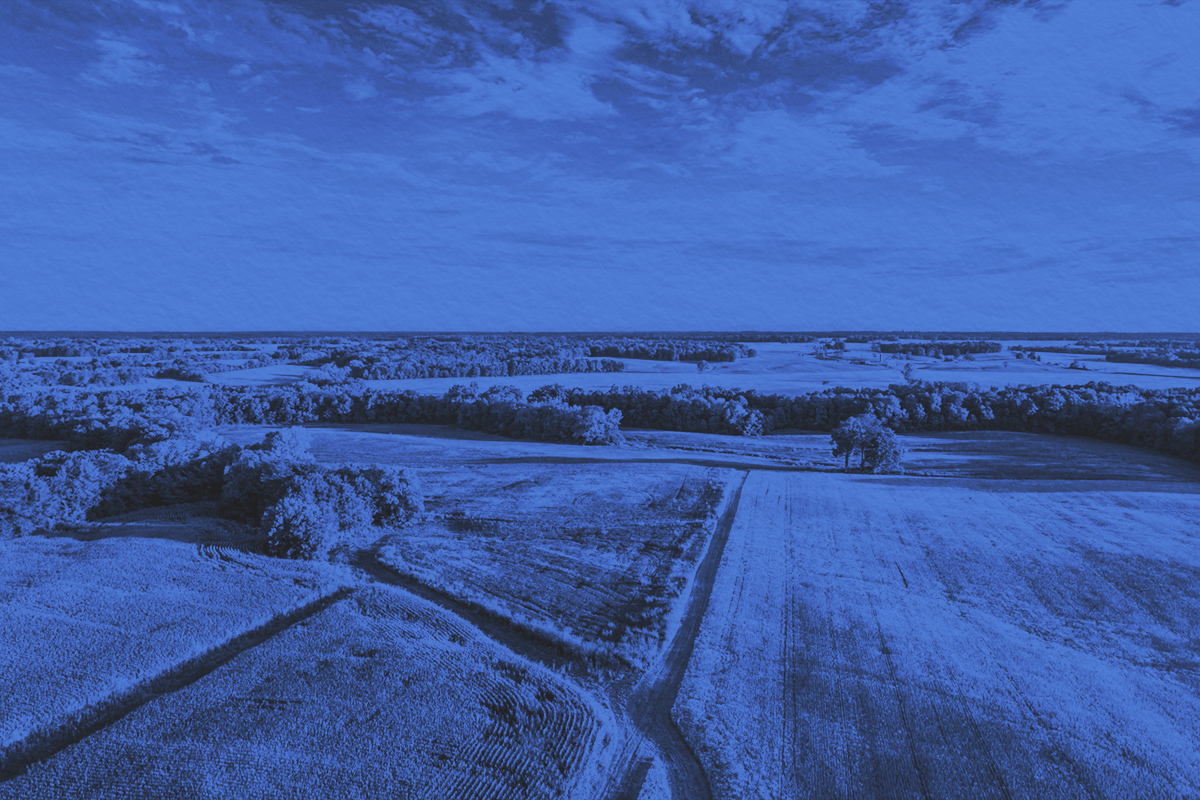
American travelers might assume they’ll have no trouble communicating in Australia, but they’re often in for a linguistic surprise. Yes, we technically speak the same language as Aussies, but Down Under, English has evolved into something uniquely and wonderfully Australian. From casual greetings to everyday objects, Australians have developed their own colorful lexicon that can leave visitors both amused and confused. Whether you’re planning a trip to Sydney’s beaches, Melbourne’s coffee shops, or the vast Outback, prepare with this guide to Australian slang.
If you’re meeting up for a midday lunch, you’ll probably greet your tablemate with “good arvo” (pronounced “ah-vo”). If you add an “s” to the beginning, as in “s’arvo,” you’ll be saying “this afternoon,” so you might say something like “meet me at the beach s’arvo.”
Are you lying, or are you telling the ridgy-didge? This funny-sounding word is slang for “truth.”
When you cuddle up under the covers at night, you’ll be pulling up your doona — or what North Americans know as a duvet or comforter.
This word, which rhymes with “shockers,” is used to describe anything that’s jam-packed or full. For example, you might say, “The subway was chockers on the way to work this morning.”
It’s pronounced like the word “gala,” but it has a far less elegant definition. Aussies use the term “galah” to refer to a fool or silly person, after a supposedly dim-witted bird of the same name.
In North America, a slang term for a sandwich is “sammie,” but Down Under, you might hear it’s “sanger,” “sambo,” or “sambie.”
Did you get into a bit of a fender bender with your car on the way to work? You’ve had a bingle, mate.
When you’re heading to the beach, you need to be equipped with an esky, or what Americans would—we’d call a cooler, ideal for loading up drinks and frosty treats.
This one is slang for a deep kiss — it’s a shortened form of “passionate,” so if you have a vacation fling, make sure it lives up to the adjective inspiration.
You could use this strange expression as an interjection, much in the same way you’d have an excited exchange of “‘Really?’ ‘Honestly!’” As in, “‘Fair dinkum?’ ‘Fair dinkum!’” It’s a flexible term — when it’s used as an adjective it’s a synonym to describe something as honest or genuine. When it’s an adverb, it’s used to emphasize sincerity or truth, such as “I’m fair dinkum about our chances to win the match.”
Pick either spelling; these two words are pronounced the same and have the same meaning. They’re nicknames for a women’s swimsuit.
A lot of Australian speech has a certain singsong rhythm, and part of it comes from Aussies’ affinity for taking components of words and making them into cute rhymes. “Trakky-daks” stems from “track pants.”
If something seems truly unbelievable or absurd, you might proclaim it’s downright furphy.
Australians love shortening words — “Chrissy” is “Christmas,” “prezzies” are “presents” — and that extends to brand names, too. If you’re heading for a bite at the Golden Arches, aka McDonald’s, you might invite someone to join you at Macca’s.
To wrap things up, let’s say goodbye, Aussie-style, with this quirky word.

















